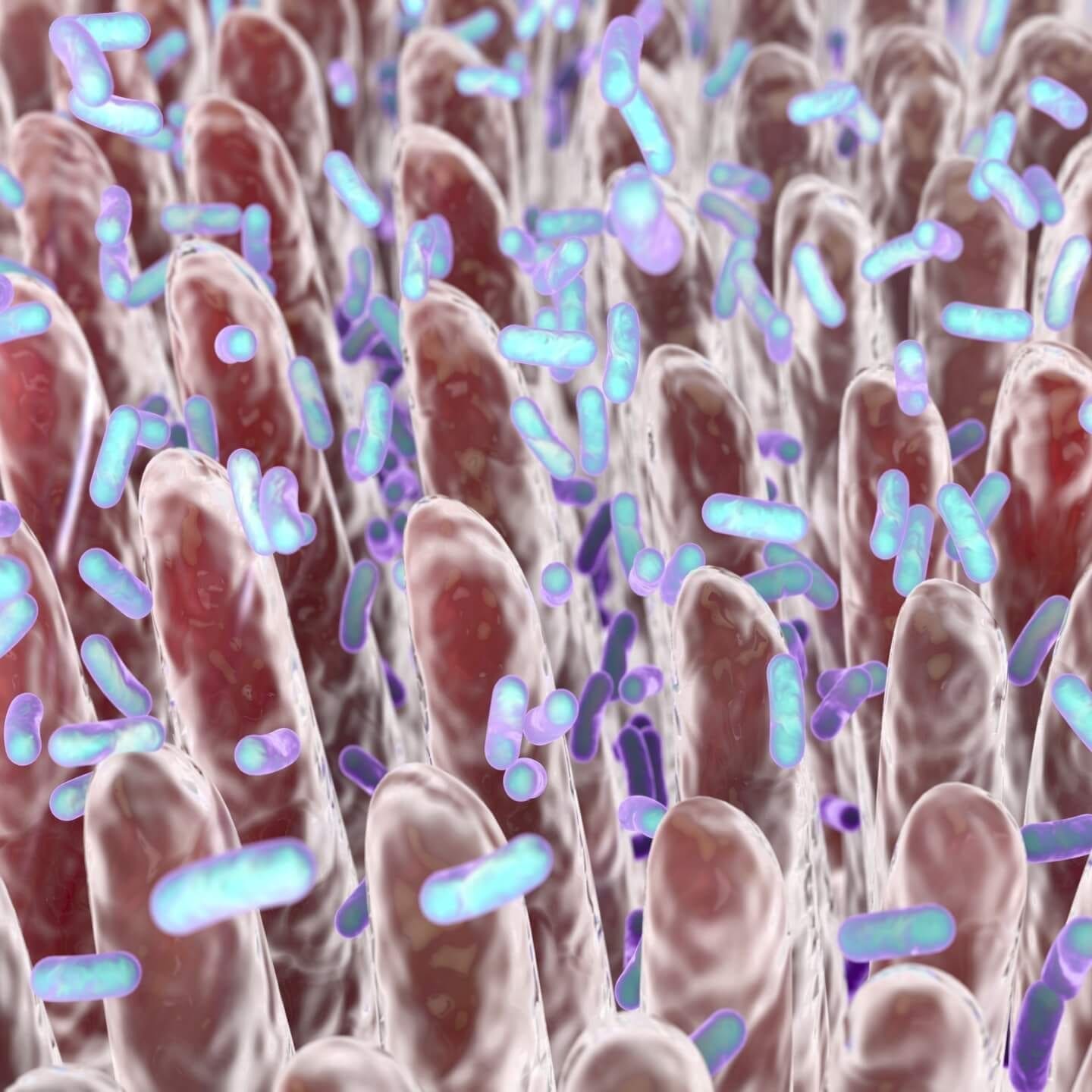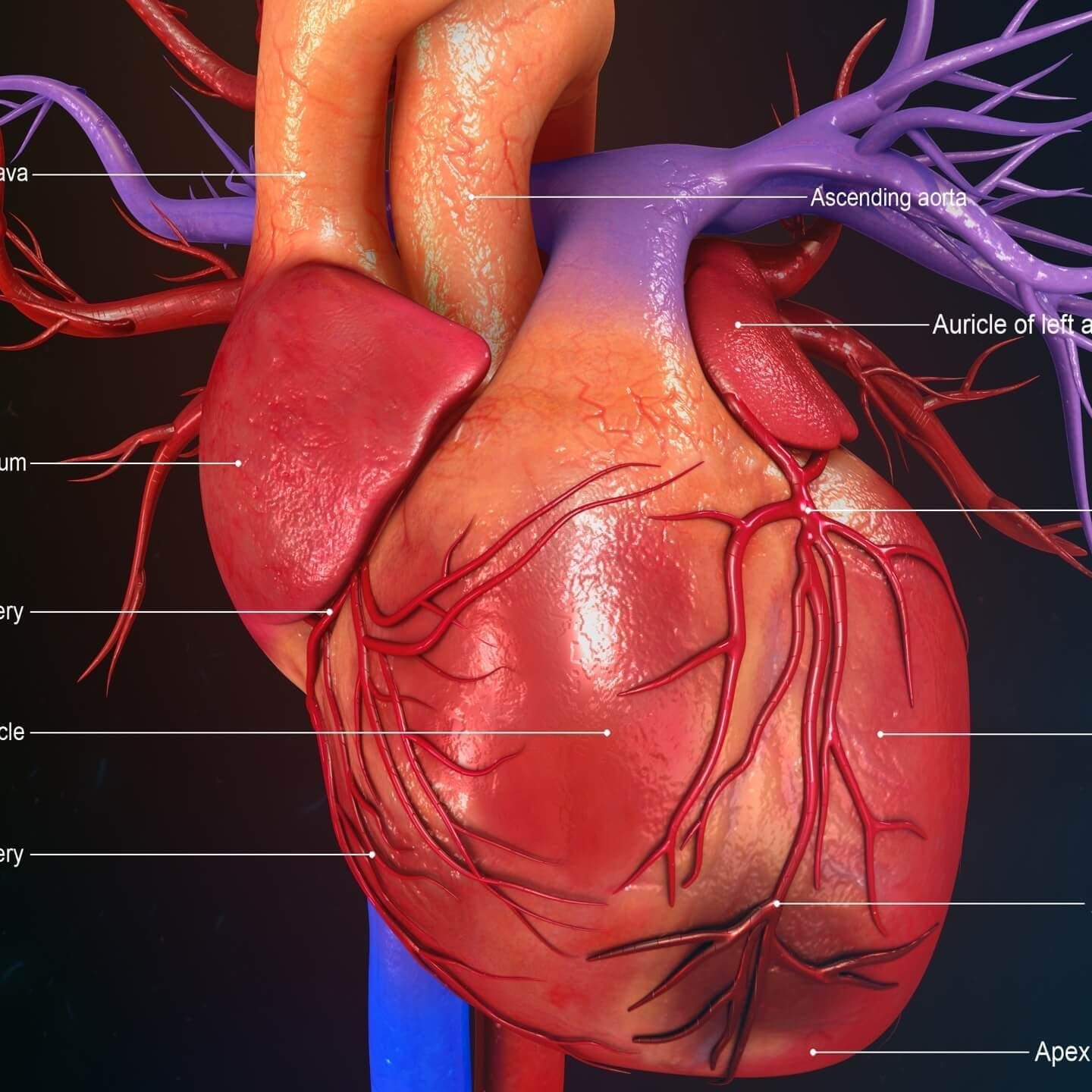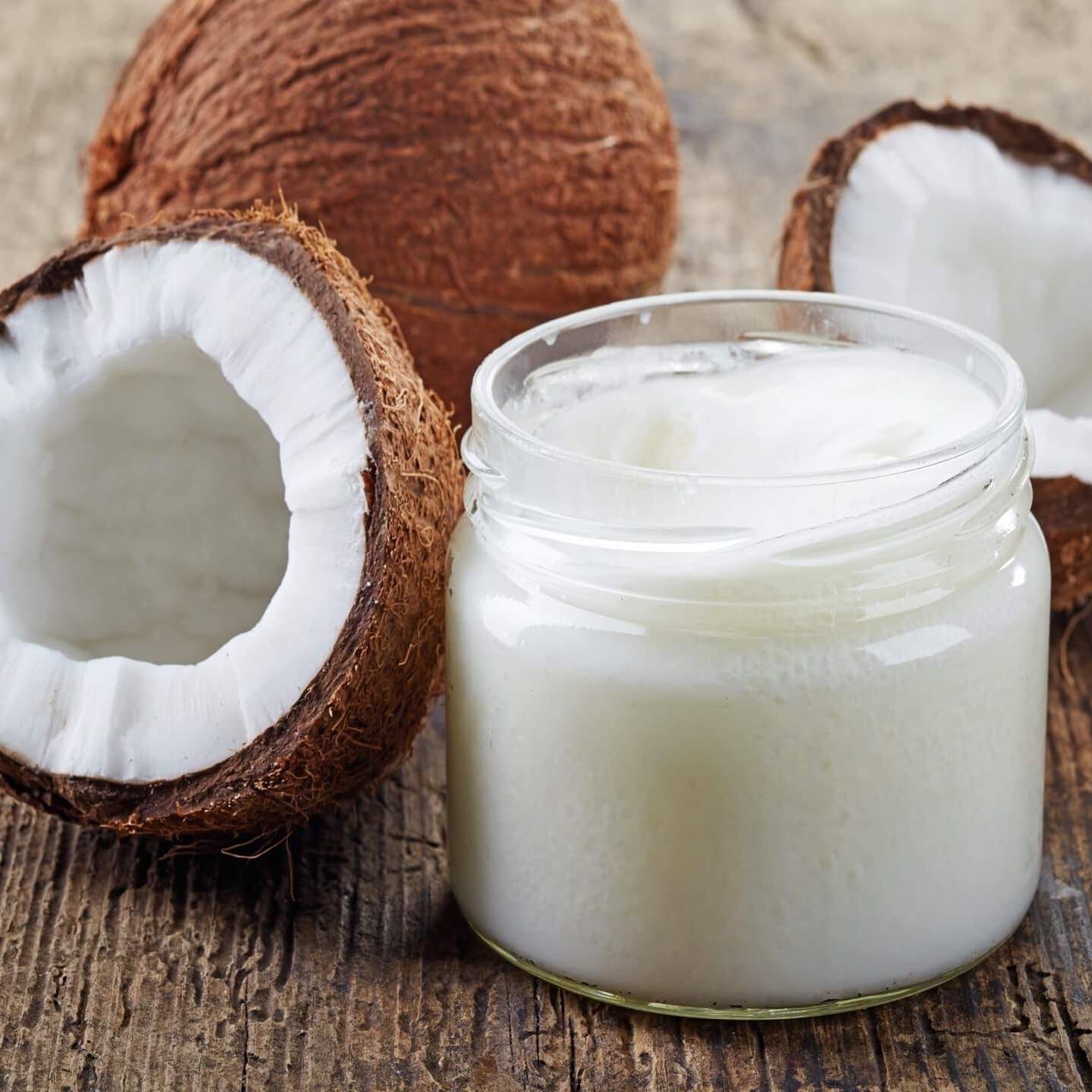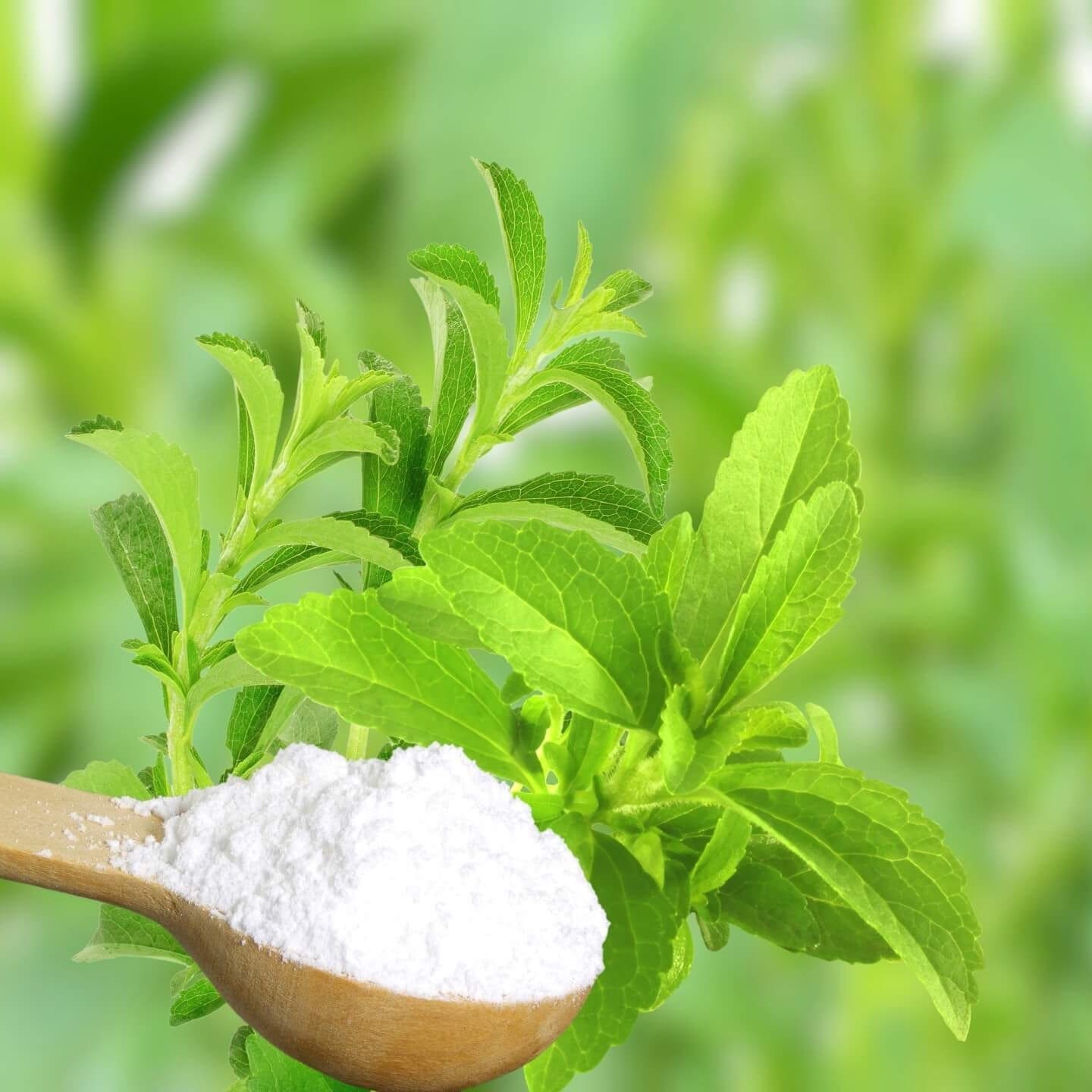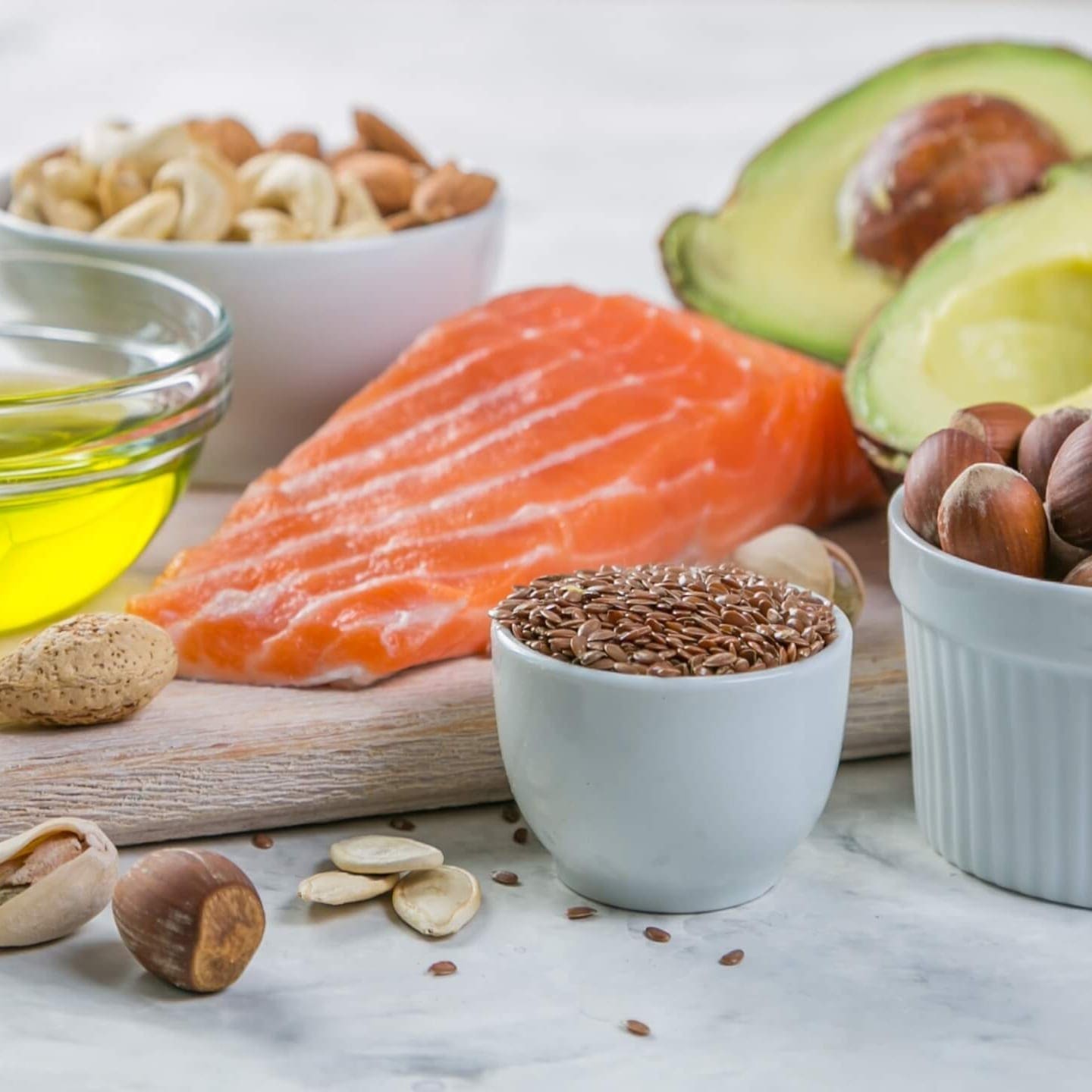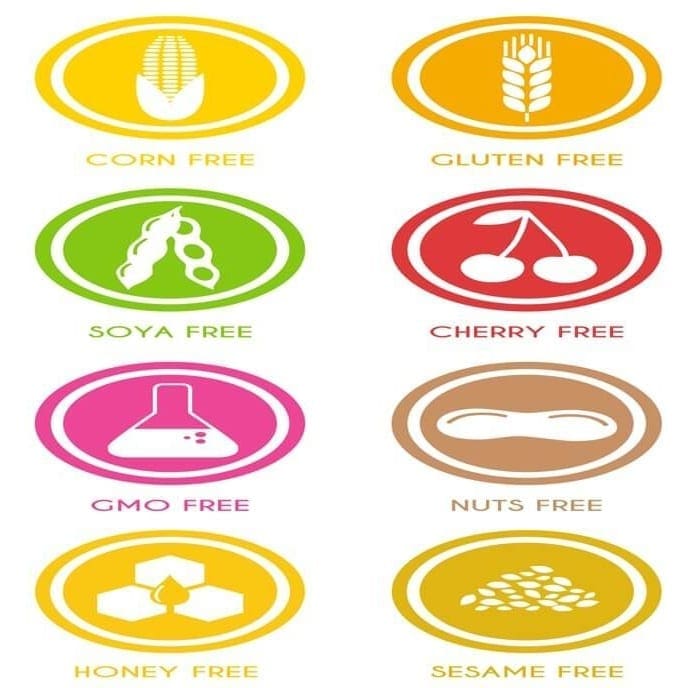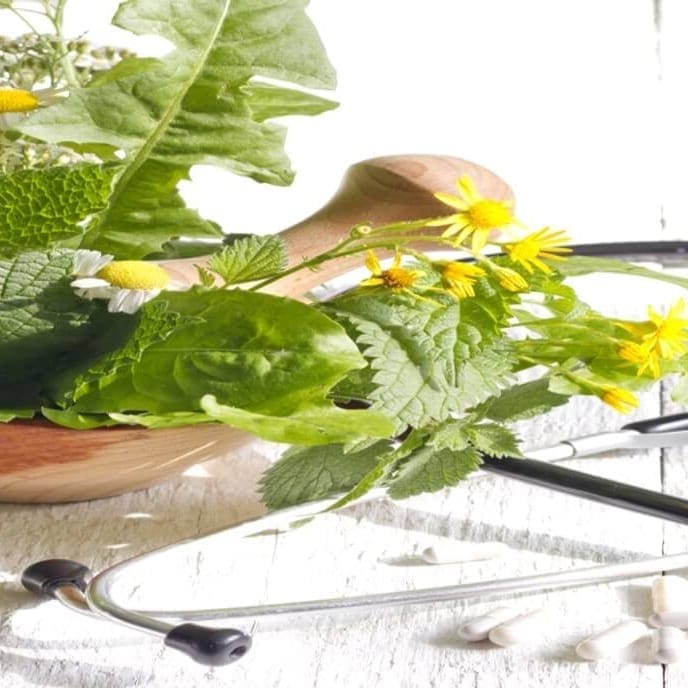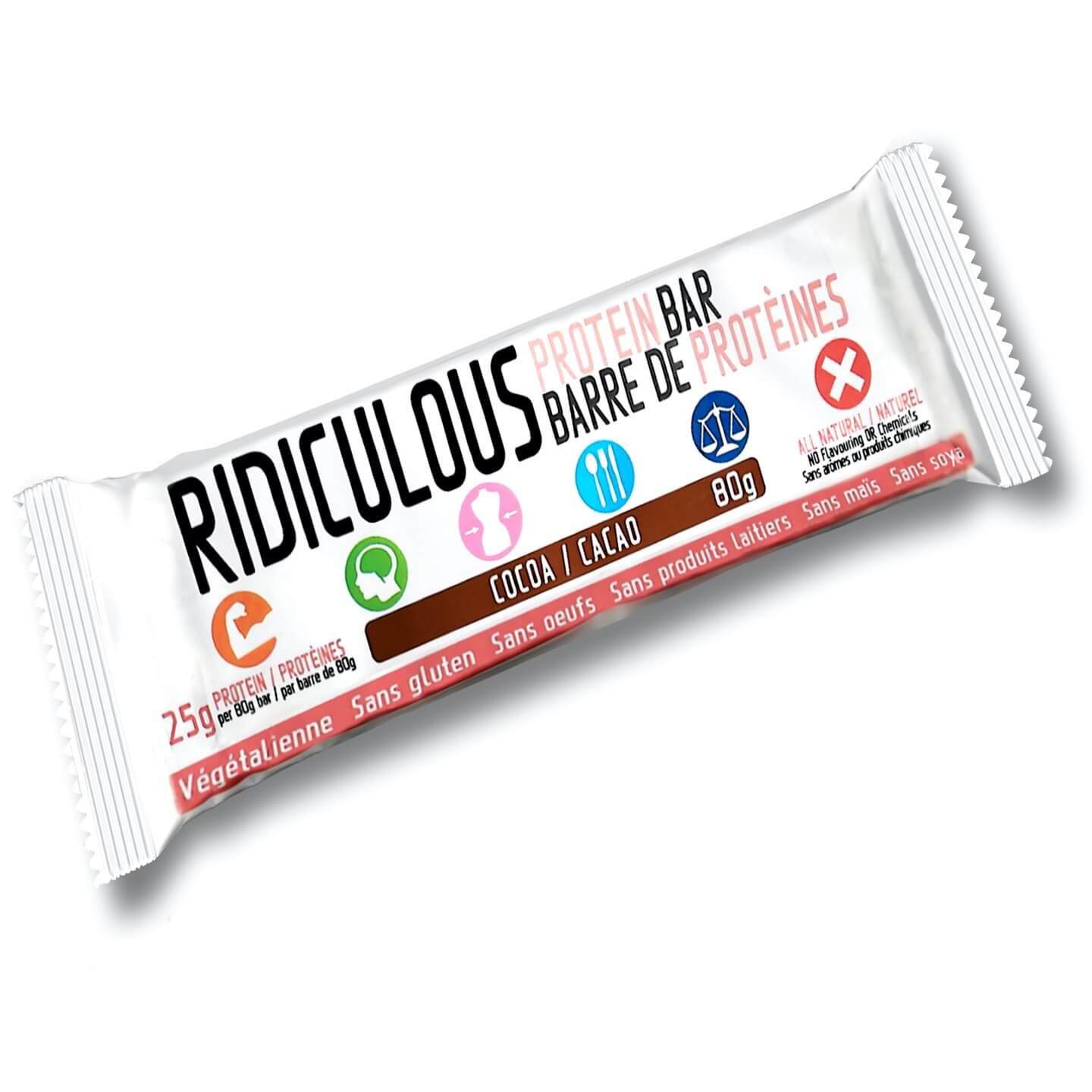Home »
Popular Posts
Naturopathic Treatments for Seasonal Allergies. Stop the Suffering!
Naturopathic Nuggets about Naturopathic Treatments for Seasonal Allergies
- Seasonal Allergies are not just Hay Fever (Seasonal Rhinitis), but also Anaphylaxis, Hives (Urticaria), Asthma, Eczema (Dermatitis), Migraine Headaches, Chronic Sinusitis and Recurrent Acute Sinus Infections.
- Seasonal Allergies are a growing epidemic as almost one-third of the industrialized world suffers from Allergies; one-fifth have Hay Fever (Seasonal Rhinitis) , one-tenth have Asthma while Food Allergies have been self-reported by 2.5 million Canadians and 15 million Americans.
- After decades of being symptom free, food allergies can be developed later in life, despite the same diet and lifestyle.
- People manifesting allergic conditions have a hyperactive or dysfunctional immunity.
- Seasonal Allergies can present in any and many parts of the body. These atypical allergic symptoms may be due to Food Allergies.
- Food Allergy Blood Testing is recommended to accurately identify the offending food allergies, as avoidance of these foods may help to normalize immune dysfunction, thereby reducing environmental reactions.
- Pharmaceutical medications to treat Seasonal Allergies work to suppress the allergic symptoms, however the allergic disease still evolves. Additionally, the side effects can also mimic the symptoms, and eventually the body adapts, to minimize the drugs’ effects.
- Naturopathic Treatments for Seasonal Allergies involve treating the cause(s) of the symptoms, to resolve them. Goals include to reduce inflammation and histamine, while normalizing histamine release and immune dysfunction.
- Individualized nutrition involves avoiding food allergies and supplementation to support liver, bowels, gastrointestinal function, adrenals and immunity.
- Ultimately, it is best to seek professional advice from a licensed Naturopathic Physician, for proper evaluation and treatment of your allergic conditions.
Naturopathic Treatments for Seasonal Allergies are sought by many patients. The term Seasonal Allergies is often misunderstood as just Seasonal Rhinitis. This is the typical sneezing, itchy eyes, ears, nose & throat, stuffy nose, runny nose, itchy skin, post-nasal drip, mucous in the throat, sinus congestion, sinus headache and even sinus infections (Acute or Chronic Sinusitis). Actually, Seasonal Allergies manifest in other ways, including Anaphylaxis, Hives (Urticaria), Asthma, Eczema (Dermatitis), and Migraine Headaches. In fact, many of these patients suffer all year, although worse seasonally. These conditions plague millions of North Americans, who ritually take antihistamines, decongestants and steroid medications to cope. Learn how to treat the causes of these conditions, and resolve the symptoms naturally.
Seasonal Allergies can show up as Anaphylaxis, Hives, Asthma & Eczema
Seasonal Allergies: When the Beauty of Nature becomes a Beast
As the weather warms, our senses are flooded with the beauty of an awakening world. For many, this equals an immune system overload as their Seasonal Allergies kick in, seemingly overnight. These symptoms are vast in their effect, and a growing health concern. Almost one-third of the industrialized world suffers from Allergies, while one-fifth of North Americans are affected by Hay Fever (Seasonal Rhinitis) alone. Asthma is diagnosed in one-tenth of North Americans, while Food Allergies have been self-reported by 2.5 million Canadians & 15 million Americans.
Seasonal Allergies are a Growing Epidemic
Seasonal Allergies: Don’t Overreact!
In fact, Allergies are an overreaction to a normal immune response. Your immunity is a powerful, intricate system that protects you, by combating those causing sickness or infection, such as bacteria & viruses while also repairing cancer cells. When other substances enter your body, whether the environment or food, a hyperactive immunity will cause an allergic reaction. People with Allergies have hyperactive immune systems that produce exaggerated responses to something a healthy person would not react to. It is important to understand that having Allergies means your immunity is not healthy, but rather dysfunctional.
Seasonal Allergies signify Immune Dysfunction
Seasonal Allergies: What are the Culprits?
An allergen is anything that can trigger an aggressive immune response, wherein the body thinks it’s fighting an offender, that is usually harmless. Allergens may be introduced by eating, breathing or touching.
Types of Allergens include:
- Animal Fur & Dander (Cats, Dogs, Horses, Wool)
- Drugs (Penicillin)
- Dust mites / Cockroaches
- Mold, Yeast, Fungi
- Pollen, Grass, Weeds, Trees
- Latex, Wood, Metals
- Insect venom (Wasps, Bees, Mosquitos)
- Household Chemicals (Cleaning Products & Fragrances)
- Foods (Dairy, Egg, Soy, Legumes, Gluten, Corn, Nuts, Seeds, Seafood, Fruits to name a few…)
Avoiding Food Allergies Normalizes Immune Dysfunction Reducing Environmental Reactions
Seasonal Allergies: Who is at Risk?
As seen above, seasonal allergies are a growing health concern. After decades of being symptom free, allergies can develop later in life, even though diet and lifestyle haven’t changed.
You may be at Risk for Allergies if you:
- Are a child with allergic parents
- Have family members with any form of allergy (eczema, asthma, hay fever, hives any/or migraine headaches)
- Have any form of allergy yourself, as the disease can manifest in another form when suppressed with drugs (e.g. eczema with cortisone cream as a baby may become asthma in a child and with steroid inhalers may develop hay fever, hives, migraines later in life)
- Atopic patients are those predisposed to allergy
Allergies Can Be Developed Later in Life
Seasonal Allergies: What are Typical Allergic Symptoms?
Allergic reactions can manifest in many ways, and there is individual variability depending on genetics. Various body parts can express allergic reactions including the Lungs, Skin, Eyes, Nose and GI Tract. This is seen as Anaphylaxis, Asthma, Eczema (Dermatitis), Hay Fever (Seasonal Rhinitis) & Hives (Urticaria) as well as other systemic symptoms (see below).
Other Systemic Allergic Symptoms:
These symptoms are common, but are not usually recognized as typical allergic symptoms, however they may be due to Food Allergies:
- Digestive Disturbances (Diarrhea, Constipation, Gas, Bloating, Ulcers And Cramps)
- Mental Afflictions (Mood Swings, Anxiety, Depression, Food Cravings, Fatigue, Poor Concentration, Attention Deficit ADD, with Hyperactivity ADHD)
- Hay Fever Type Symptoms (Sneezing, Itchy Eyes, Ears, Nose, Throat, Sinus Congestion, Runny Nose, Post-Nasal Drip, Acute & Chronic Sinusitis, Allergic Rhinitis)
- Canker Mouth Sores (Aphthous Ulcers)
- Heart Palpitations, Heart Racing & Arrhythmias
- Muscular or Joint Aches & Pains
- Excess Water Retention & Weight Gain
- Dark Circles or Puffiness under the Eyes
- Chronically Swollen Glands
- Chronic Fatigue
- Fibromyalgia
- Recurrent Infections (Weak Immune)
Allergies Can Manifest in Any & Many Parts of the Body
Seasonal Allergies: What are Common Allergic Conditions?
Although these are common allergic conditions, it is critical to realize that an allergic reaction can affect any and every part of the body. Actually, allergic symptoms are representative of a much deeper health issues, at the gut level, even if the symptoms are not digestive.
Anaphylaxis
This is the most scary allergic reaction, as it is often life-threatening. It affects the whole body as it severely expands all blood vessels, crashing blood pressure, cutting off blood flow to all organs.
Anaphylaxis is typically caused by foods, medications or insect bites causing:
- Hives occur in ~90% cases
- Swelling of throat & tongue
- Wheezing, shortness of breath, coughing
- Runny or stuffy nose, itchy eyes, sinus congestion
- Stomachache, diarrhea, nausea, vomiting
- Lightheadedness, Dizziness, loss of consciousness, shock
Asthma
Seasonal Allergies can cause Asthma, which is inflammation, hyper-reactivity & narrowing of airways causing:
- Difficulty breathing
- Wheezing
- Shortness of Breath
- Coughing
- Chest Tightness
- Often triggered by Heat, Cold, Exercise, Full Stomach
Eczema (Dermatitis)
Seasonal Allergies and/or Food Allergies can cause Eczema at any age, although it is commonly seen in infants & children.
Eczema is an intricate inflammatory process causing:
- Dry skin
- Itchy Skin (Mild to Intolerable)
- Severe: Oozing, Cracking, Discolouration & Thickening of Skin (Alligator-like Skin)
- Can Lead to Skin Infections as Scratching introduces Bacteria
- Rash may occur anywhere, typically Creases, Face, Arms, Legs, Torso
Hay Fever (Allergic Rhinitis)
Most common allergic reaction. Inflammation of sinus, eyes, ears, nose and throat causes:
- Seasonal caused by Pollen, Grass, Trees
- Year round reactions caused by Mold, Animal Dander, Dust Mites, Cockroaches
- Post-Nasal Drip (Constant Clearing Throat)
- Sinus Congestion or Headache
- Sneezing
- Runny Nose / Stuffy Nose
- Itchy Eyes, Ears, Nose, Throat, Roof of Mouth
Hives (Urticaria)
Hives are a dramatic allergic reaction to food, medication or a virus, and may be transient. Chronic hives that come and go over months may be due to an autoimmune disease.
- Welts or Raised, Red, Itchy Skin
- Intolerable Itchiness
- Usually No Scarring after Resolved
- Swelling of Face, Lips, Hands & Feet may also occur
- Welts may Come & Go with increasing Duration & Severity
Other Allergic Conditions:
These conditions are common, but not usually recognized as allergic conditions, as they may be due to Food Allergies:
- Migraine Headaches
- Arthritis
- Colitis
- Irritable Bowel Syndrome (IBS)
- Bedwetting (Enuresis)
- Recurrent Infections (Weak Immune)
- Hyperactivity & Attention Deficit (ADHD & ADD)
- Chronic Fatigue
- Fibromyalgia
- Autoimmune Disease
These Allergic Conditions are Just the Tip of the Iceberg
Seasonal Allergies: Side Effects of Drug Treatments
Seasonal Allergies are often treated with various drug treatments including Antihistamines, Steroid Nasal Sprays and Decongestants. Although these provide magical relief, they are ridden with side effects, putting you at risk of addiction & adaptation (the issue of the body adapting so the drug no longer works). Perhaps a deal with the devil?
Antihistamine Side Effects:
- Dry Mouth
- Dizziness
- Drowsiness
- Nausea & Vomiting
- Difficult Urination
- Blurred Vision
- Restlessness
Nasal Decongestant Side Effects:
- Sneezing & Sinus Irritation
- Dry Nasal Passages
- Stinging & Burning
- Fast Heartbeat
- High Blood Pressure
- Worse Congestion After Stopping Use
Steroid Nasal Spray Side Effects:
- Sore Throat, Dryness, Irritation
- Headache
- Cough
- Stuffy Nose & Dryness
- Bloody Phlegm
- Nausea
- Muscle/Joint Pain
Drugs Suppress the Symptoms, But the Disease Evolves
Naturopathic Treatments for Seasonal Allergies: Treat the Cause
Naturopathic Treatments for Seasonal Allergies start with treating the cause. For example, when you put your hand on the stove, the reason why you feel the pain / symptoms is to signal you to REMOVE YOUR HAND. The signal is not so that you take a painkiller to suppress the pain or symptoms! Pain and symptoms are the body’s way of telling you there is something wrong. We are remiss to suppress or ignore these clues. As above, you now know that the body can complain in MANY ways.
The critical part of treating the cause is to remove the allergenic load off the immune system. It would seem logical to minimize exposure to the allergenic issue, whether dust, animals, pollen, grass, trees etc. However, you cannot live in a bubble with a vacuum in hand constantly, without your furry baby! What you can change is the allergenic load you consume. By identifying the food allergies and removing the Food Allergies from your diet, you will take the burden off your immune system and allow it to become stronger and less irritated or hyper-reactive.
Symptoms Signal the Need for Change, Not Suppression
Naturopathic Treatments for Seasonal Allergies: Nutrition Support
There are general considerations in nutrition as part of the naturopathic treatments for seasonal allergies, in our efforts to minimize allergic reactions. We can achieve biochemical alterations to decrease inflammation, reduce histamine and improve anti-allergenic chemicals in the body with some nutritional changes.
Seasonal Allergies: AVOID High Tryptophan Foods
High tryptophan foods increase histamine production, which causes the allergic symptoms. As such, AVOID the following:
- Soy, Tofu, Tempeh
- Cheese
- Beef, Lamb, Pork
- Chicken, Turkey
- Tuna
- Shellfish
- Oats
- Lentils & Beans
- Eggs
Seasonal Allergies: AVOID High Histamine Foods
- Alcohol: Wine, Champagne, Beer
- Fermented Foods: Vinegar, Soy Sauce, Kefir, Yogurt, Kombucha, Sauerkraut, Kimchi
- Vinegar Foods: Pickles, Olives, Horseradish, Mustard, Ketchup, Mayonnaise
- Cured Meats: Salami, Pepperoni, Bacon, Ham, Luncheon Meats, Hot Dogs
Seasonal Allergies: AVOID Inflammatory Foods
- Fatty Animal Meats: Grain Fed Beef, Pork, Lamb INSTEAD EAT: Wild or Grass Fed Meats
- Sugar, Processed Flour, Fried Foods, Artificial Additives & Colours, Artificial Sweeteners, Dairy
- Your Specific Food Allergies
Seasonal Allergies: INCREASE Essential Fatty Acid Foods
- Fish: Mackerel, Herring, Salmon, Tuna, White Fish, Sardines, Anchovies WILD is BEST; AVOID FARM-RAISED
- Nuts & Seeds: Walnuts, Chia Seeds, Flax Seeds, Hemp Seeds, Brazil Nuts, Hazelnuts, Cashews
- Fats: Hemp Oil, Walnut Oil, Flax Oil, Egg Yolks
- Dark Leafy Greens: Arugula, Bok Choy, Collard Greens, Kale, Mustard Greens, Rapini, Spinach
Seasonal Allergies: INCREASE Antioxidant Foods
- Vegetables: Red, Green & Yellow Vegetables, Dark Leafy Greens, Cilantro, Artichoke
- Fruits: Blueberries, Cranberries, Elderberries, Blackberries
- Dark Chocolate (Dr. Jiwani’s Low Carb Chocolate to get the benefit, without the sugar)
- Nuts: Pecans
- Herbs: Cloves, Cinnamon, Oregano, Turmeric, Cumin, Parsley, Basil, Ginger, Thyme
- Supplements: Quercetin, Vitamin C, Boswellia, Lutein, Resveratrol, Zeaxathin, Turmeric, Calcium D-Glucarate, Picrorhiza kurroa, Alpha-Lipoic Acid, Pycnogenol, N-Acetyl Cysteine, Good Bacteria (Probiotics)
Seasonal Allergies: INCREASE Anti-Allergenic Foods
- Quercitin: Onions, Peppers, Berries, Parsley
- Vitamin C: Kiwi
- Bromelain: Pineapple
- Papain: Papaya
- Omega 3 Fatty Acids: See Essential Fatty Acids Above
- Probiotics (See below)
Individualized Nutrition Reduces Inflammation, Histamine &
Normalizes Immune Dysfunction
Naturopathic Treatments for Seasonal Allergies: Address Supporting Organ Systems
There are many fundamental organ systems that need to be supported in the Naturopathic Treatment of Seasonal Allergies, including Liver, Bowels including the entire Gastrointestinal Tract, Immune System and Adrenal Glands, in addition to symptom relief.
Naturopathic Treatments for Seasonal Allergies: Address LIVER Function
- Detoxification Organ, Vulnerable to Toxic Environment
- Support Liver Function
- Reduce Toxic Chemicals, Stimulants (Caffeine) & Depressants (Alcohol)
- Increase Water to Help Flush Out Toxins
- Nutrients to Support Liver Function as in Milk Thistle, Turmeric, Calcium D-Glucarate, Picrorhiza kurroa, Alpha-Lipoic Acid, Pycnogenol, N-Acetyl Cysteine
Toxicity Creates Inflammation & Weakens Detox Mechanisms
Naturopathic Treatments for Seasonal Allergies: Address BOWEL Function
- Address Leaky Gut Syndrome
- Address Intestinal Dysbiosis
- Address Small Intestinal Bacterial Overgrowth SIBO and/or Small Intestinal Fungal Overgrowth SIFO
- Address Candidiasis (Systemic Yeast Infection in Blood)
- Ensure Regular Bowel Movements (this is like ensuring you take out the garbage every day)
- Address Constipation Without Laxatives as this leads to Lazy Bowels
- Determine & Address Causes of Constipation: Food Allergies, Thyroid Dysfunction, Intestinal Dysbiosis, Leaky Gut Syndrome
- Increase Good Bacteria (Probiotics)
- HUMAN Strain Only provides Long Term Effect as Dairy or Vegetable Forms are Rejected within 48 hours
- 30+ Billion Count for Efficient Repopulation of Good Bacteria
- MULTIPLE Strains (10 is Best) as Bowel Environment Complex and Intricate with many competing bacteria
- ACID RESISTANT capsules to Protect Probiotics from Destruction by Stomach Acid & Provide Safe Delivery to Intestines
- NO INULIN as this aggravates Intestinal Dysbiosis, Small Intestinal Bacterial Overgrowth SIBO, Small Intestinal Fungal Overgrowth SIFO and Candidiasis (Systemic Yeast Infection in Blood)
Constipation Creates a Vicious Cycle of Disease & Toxicity
Naturopathic Treatments for Seasonal Allergies: Support ADRENAL (Stress) Glands
Life without stress is certainly not reality for most of us! Continual stress (whether from life, environment or diet) overworks the adrenal glands, which floods the body with the stress hormone cortisol. Since cortisol is integral in regulating your immunity, you are more likely to manifest allergies when under chronic stress because of your weakened adrenal glands.
Improving adrenal function can prevent or treat allergies. There are many adrenal support formulations on the market, so make sure you choose one with everything the body needs to support your adrenals, including Vitamin B5 (Pantothenic acid) as well as other B Vitamins (B1, B2, B3, B6 as Pyridoxal-5-Phosphate, B9 Folate, B12 as Hydroxocobalamin), as well as Zinc for your immunity, & Chromium polynicotinate for blood sugar regulation and to prevent stress-related belly fat. Improved coping and recovery from physiological stressors require Siberian ginseng, Ashwagandha, Korean ginseng, Maca, Rhodiola and critical vitamins & minerals required for healthy stress hormone & brain chemical balance.
Chronic Stress Leads to Immune Dysfunction Causing Allergies
For healthy, balanced adrenal (stress gland) function, find a potent, adaptogenic formulation with the full spectrum of nutrients and botanicals. All stages of acute and chronic stress may be addressed by the botanical adaptogens included supporting the body’s adaptability to stress, preventing stress-related weight gain, improving mental and emotional well-being as well as enhancing physical & mental endurance.
Stress Management & Adrenal Support are Key
Naturopathic Treatments for Seasonal Allergies: Support the Immune System
There are various immune dysfunctions, and different types can occur in the same person (Weak Immune, Overactive Immune & Hyperactive Immune). Allergies relate to a more hyperactive immunity, irritated, but can become weakened over time. This can also trigger Autoimmune Disease in those predisposed.
When choosing immune support for Seasonal Allergies, it is critical to include support for the adrenals, antioxidants, and various immune stimulating and immune-modulating botanicals & nutrients. Standardized extracts of both Echinaceas, Astragalus, Goldenseal, North American Ginseng, Elderberry, Olive Leaf, Thyme, Ginger as well as N-Acetyl Cysteine and Beta-carotene work to dramatically respond to immune attack.
Supplements are Integral to Normalize Immune & Adrenal Dysfunction
Naturopathic Treatments for Seasonal Allergies: Symptom Relief
The best part of a naturopathic approach to Seasonal Allergies is that when you treat the cause(s), you can improve & resolve the symptoms overall. As major dietary changes take time for effect, you can use supplementation to prevent & reduce histamine release, clear inflammation, while strengthening bowel, liver and adrenal function, as they help to treat the symptoms and the underlying causes.
Supplements include:
Quercetin (David et al., 2016; Micek et al., 2016)
Vitamin C (Bendich & Langseth, 1995; Fogarty et al., 2003; Hemilä, 2014; Kompauer et al., 2006)
Boswellia (Marogna, 2015)
Curcumin (Kinney et al., 2015; Haftcheshmeh et al., 2022; Kurup & Barrios, 2008; Luthra et al., 2001)
N-Acetyl Cysteine (Kelly, 1998)
Lutein, Resveratrol, Zeaxathin, Pycnogenol (Gelot et al., 2014; Hosseini et al., 2001; Kompauer et al., 2006; Ross, 2016; Tanaka, 2014; Wilson et al., 2010)
Good Bacteria (Probiotics) (Aureli et al., 2011; Vliagoftis et al., 2008; Wendell et al., 2014; Zajac et al., 2015)
In a Nutshell… (Unless You’re Allergic!)
Seasonal Allergies, whether as Eczema, Asthma, Hives, Seasonal Rhinitis, Chronic Sinusitis or Recurrent Sinus Infections, are a sign of some underlying systemic issues. From chronic inflammation and immune dysfunction, to histamine intolerance, and fragile mast cells. The body can manifest its complaints in countless ways, in various parts of the body. Ultimately, how you manifest these symptoms depends on your genetics. Also, at what age you manifest these conditions can be aggravated by stress. Regardless, when your body complains, know that the symptoms are a signal for you to determine the underlying cause(s) and make the fundamental changes necessary, to improve and resolve the symptoms. This is where a naturopathic physician comes in, to facilitate allergy testing and provide an individualized treatment plan to help you achieve optimal health.
Related 9 Surprising Symptoms of Food Allergies
Related Allergy Testing Surrey
Related Allergy Testing Vancouver & Burnaby
References
Aureli, P., Capurso, L., Castellazzi, A.M., Clerici, M., Giovannini, M., Morelli, L., Poli, A., Pregliasco, F., Salvini, F. and Zuccotti, G.V., 2011. Probiotics and health: an evidence-based review. Pharmacological Research, 63(5), pp.366-376.
Bendich, A. and Langseth, L., 1995. The health effects of vitamin C supplementation: a review. Journal of the American College of Nutrition, 14(2), pp.124-136.
David, A.V.A., Arulmoli, R. and Parasuraman, S., 2016. Overviews of biological importance of quercetin: A bioactive flavonoid. Pharmacognosy Reviews, 10(20), p.84.
Fogarty, A., Lewis, S.A., Scrivener, S.L., Antoniak, M., Pacey, S., Pringle, M. and Britton, J., 2003. Oral magnesium and vitamin C supplements in asthma: a parallel group randomized placebo‐controlled trial. Clinical & Experimental Allergy, 33(10), pp.1355-1359.
Gelot, S., Barboza, J. and Whelan, G.J., 2014. Herbal Remedies. In Encyclopedia of Medical Immunology (pp. 356-360). Springer New York.
Haftcheshmeh SM, Mirhafez SR, Abedi M, Heydarlou H, Shakeri A, Mohammadi A, et al. Therapeutic potency of curcumin for allergic diseases: A focus on immunomodulatory actions. Biomedicine & Pharmacotherapy. 2022;154:113646.
Hemilä, H., 2014. The effect of vitamin C on bronchoconstriction and respiratory symptoms caused by exercise: a review and statistical analysis. Allergy, Asthma & Clinical Immunology, 10(1), p.58.
Hosseini, S., Pishnamazi, S., Sadrzadeh, S.M.H., Farid, F., Farid, R. and Watson, R.R., 2001. Pycnogenol® in the management of asthma. Journal Of Medicinal Food, 4(4), pp.201-209.
Kelly, G.S., 1998. Clinical applications of N-acetylcysteine. Alternative Medicine Review: A Journal Of Clinical Therapeutic, 3(2), pp.114-127.
Kinney SR, Carlson L, Ser-Dolansky J, Thompson C, Shah S, Gambrah A, et al. Curcumin ingestion inhibits mastocytosis and suppresses intestinal anaphylaxis in a murine model of food allergy. PLOS ONE. 2015;10(7).
Kompauer, I., Heinrich, J., Wolfram, G. and Linseisen, J., 2006. Association of carotenoids, tocopherols and vitamin C in plasma with allergic rhinitis and allergic sensitisation in adults. Public health nutrition, 9(04), pp.472-479.
Kurup VP, Barrios CS. Immunomodulatory effects of curcumin in allergy. Molecular Nutrition & Food Research. 2008;52(9):1031–9.
Lee JH, Kim JW, Ko NY, Mun SH, Her E, Kim BK, et al. Curcumin, a constituent of Curry, suppresses IGE-mediated allergic response and mast cell activation at the level of Syk. Journal of Allergy and Clinical Immunology. 2008;121(5):1225–31.
Luthra, P.M., Singh, R. and Chandra, R., 2001. Therapeutic uses of Curcuma longa (turmeric). Indian Journal of Clinical Biochemistry, 16(2), pp.153-160.
Marogna, M., Braidi, C., Colombo, C., Colombo, F. and Palumbo, L., 2015. A randomized controlled trial of a phytotherapic compound containing Boswellia serrata and bromeline for seasonal allergic rhinitis complicated by upper airways recurrent respiratory infections. Journal of Allergy and Clinical Immunology, 135(2), p.AB271.
Mlcek J, Jurikova T, Skrovankova S, Sochor J. Quercetin and its anti-allergic immune response. Molecules. 2016 May 12;21(5):623.
Ross, S.M., 2016. Allergic Rhinitis: A Proprietary Extract of Pinus pinaster Aiton (Pycnogenol) Is Found to Improve the Symptoms Associated With Allergic Rhinitis. Holistic Nursing Practice, 30(5), pp.301-304.
Tanaka, T., 2014. Flavonoids for allergic diseases: present evidence and future perspective. Current Pharmaceutical Design, 20(6), pp.879-885.
Vliagoftis, H., Kouranos, V.D., Betsi, G.I. and Falagas, M.E., 2008. Probiotics for the treatment of allergic rhinitis and asthma: systematic review of randomized controlled trials. Annals of Allergy, Asthma & Immunology, 101(6), pp.570-579.
Wendell, S.G., Baffi, C. and Holguin, F., 2014. Fatty acids, inflammation, and asthma. Journal of Allergy and Clinical Immunology, 133(5), pp.1255-1264.
Wilson, D., Evans, M., Guthrie, N., Sharma, P., Baisley, J., Schonlau, F. and Burki, C., 2010. A randomized, double‐blind, placebo‐controlled exploratory study to evaluate the potential of pycnogenol® for improving allergic rhinitis symptoms. Phytotherapy Research, 24(8), pp.1115-1119.
Zajac, A.E., Adams, A.S. and Turner, J.H., 2015, June. A systematic review and meta‐analysis of probiotics for the treatment of allergic rhinitis. In International Forum Of Allergy & Rhinology (Vol. 5, No. 6, pp. 524-532).
This information is for educational purposes only and does not advocate self-diagnosis. Due to individual variability, consultation with a licensed health professional, such as a licensed naturopathic physician is highly recommended, prior to starting a natural treatment plan. For further information, see Terms of our Website.
Follow Dr. Jiwani
Popular Posts



